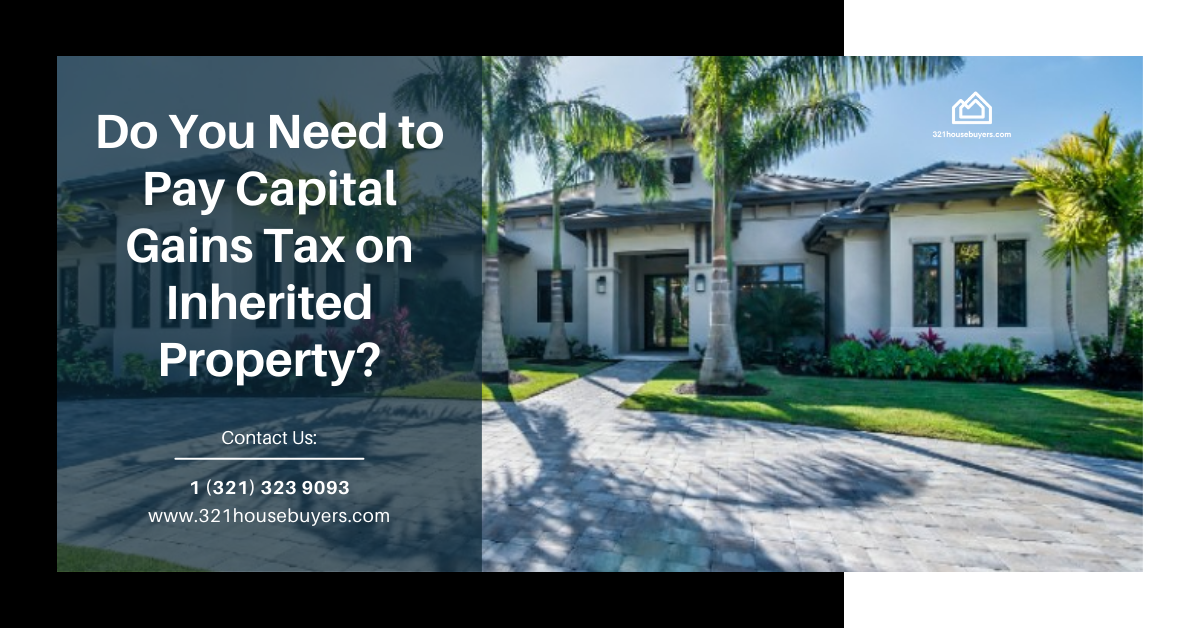
This article will cover how to determine if you need to pay capital gains tax when selling inherited property, the most important things to know about capital gains tax and inherited property, and the steps to calculate your potential tax liability.
Receiving an inheritance can be a blessing amidst a hard time. But usually, there are taxes involved, which begs the question: do I have to pay capital gains tax on inherited property? Here’s everything you need to know about inheriting assets from an estate.
Capital gains tax (CGT) is a form of income tax that you pay when you sell an asset for more than what you bought it for (called ‘selling’ or ‘disposing of an asset’).
When you dispose of an asset, the difference between what it costs you (the assessable amount) and what you receive for it (the proceeds) is your capital gain. Any capital loss is disregarded, and you may claim a deduction (reduce your tax payable) for some or all of the capital gain according to various CGT concessions.
Now that the concept of capital gains is well understood, let’s talk about inherited property.
Inherited property is a collection of assets that, in one way or another, have been transferred to you from a deceased individual. The law creates different avenues for the transmission of certain types of assets upon someone’s death, depending on the nature and the value of these assets.
For example, if a person dies and leaves their house and bank account to their heirs, the heirs now own the house and bank account as inherited property.
Let’s dive into the million-dollar question now:
It’s important to understand the tax implications of assets you receive as part of an inheritance. In most cases, these assets are not taxable at the federal level, and state-level taxes vary between states, but if the assets produce income (perhaps by earning interest or dividends) then they can be taxed accordingly.
When you inherit property, such as a house or stocks from someone else’s estate, the FMV (fair market value) is often higher than what they paid for it. If you receive an inheritance and wish to sell some of the assets, then capital gains tax bills will be waiting. Fortunately, inherited properties have a “stepped up” tax basis. This means that, when you sell the property, you don’t have to pay capital gains tax on the difference between your selling price and the original homeowner’s cost basis (the amount they purchased the property for). Instead, you only pay capital gains tax on the difference between your selling price and the FMV at the time of the homeowner’s death.
Let’s consider an example. Suppose you inherit a property that was purchased years ago for $250,000. Now the FMV of the property is $450,000. This will result in stepping up the cost basis from $250,000 to $450,000. If you sell the property immediately for the FMV, you will not have to pay any capital gains taxes. If you hold on to the property and then sell it for $550,000 sometime later, you will only have to pay capital gains tax on $100,000, which is the difference between the selling price and the stepped-up market value of the property.
In this case study, the property had been transferred through an inheritance. Now let’s look into what happens when the property is transferred under a normal sale.
Consider the same property, with a tax basis of $250,000, and you buy the property under normal conditions. If you later sell the property, you will have to pay capital gains tax on the difference between $250,000 and the selling price. There is only one way to avoid the taxes in this case, which is for you to live in the house for a minimum of two years before selling it. In that scenario, you can exclude up to $250,000 of your capital gains from taxes.
We hope this article helped you in understanding capital gains tax on inherited property. If you have any outstanding questions, 321 House Buyers will help eliminate your confusion. We have years of experience in this area, we provide unbiased opinions on how to ensure that your tax burden is as low as possible, and we can handle any other issues related to inherited property.
Call us now at +1 (321) 323 9093, contact us on our website or book a time right on our calendar for your free consultation and fast cash offer from our team.
__________________________________________________________________________
Visit Us
2021 N Atlantic Ave #229, Cocoa Beach, FL, 32931